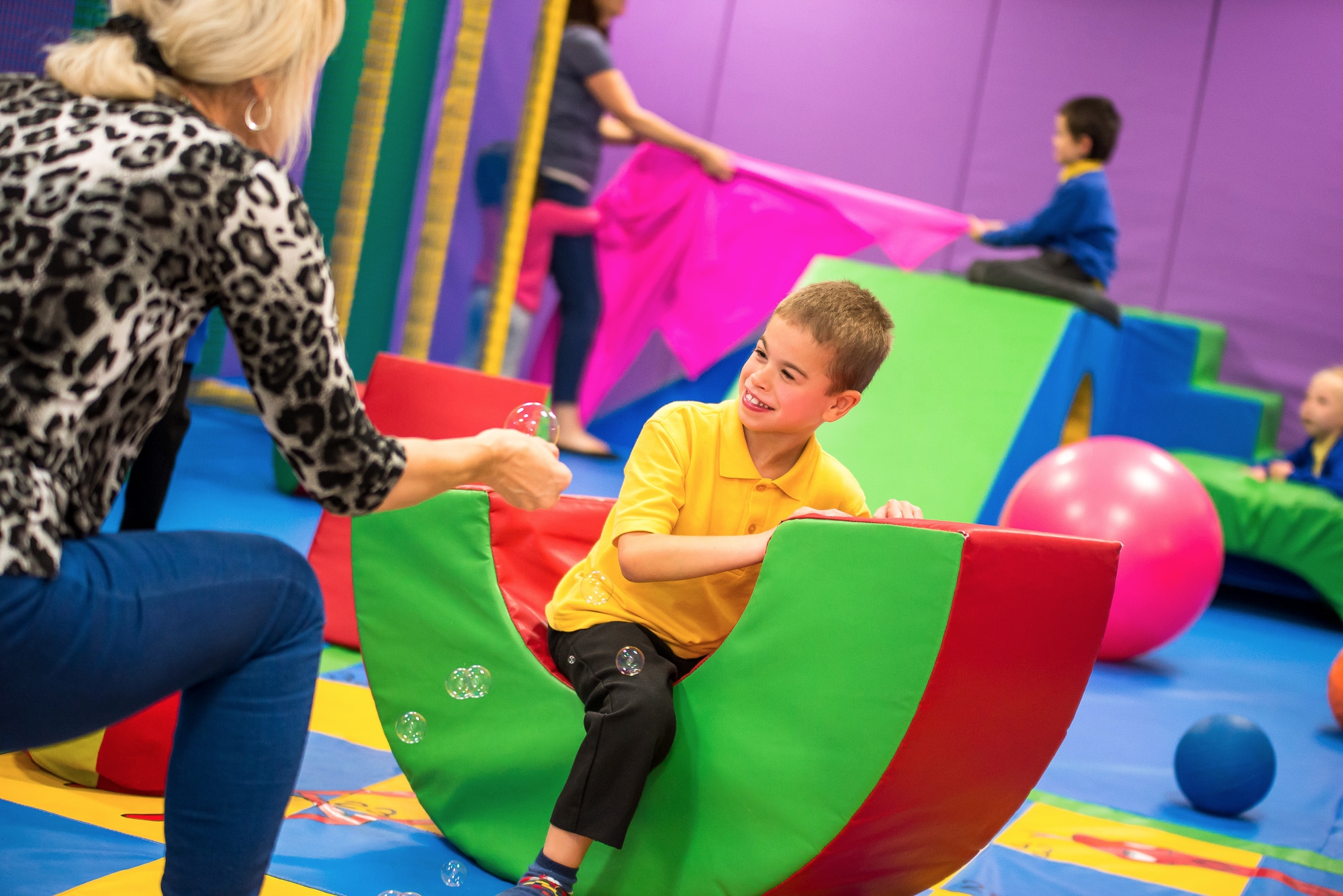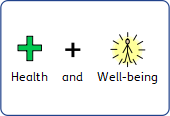Curriculum Provision
At Carlton Digby School, we have developed a tailored approach to meet the diverse needs of our students. We have identified three distinct types of learners: Pre-Formal, Informal, and Semi-Formal. Based on their age, needs, and abilities, each learner follows one of four specialised curriculums: Pre-Formal, Informal, Semi-Formal, or Preparing for Adulthood.
Our Informal and Semi-Formal curriculums are further divided into two strands, with age being the primary factor in placement.
The Preparing for Adulthood curriculum, designed for our Key Stage 5 pupils, is structured into two strands—Informal and Semi-Formal—to best support their journey into adulthood.
More detailed information about each curriculum and the specific characteristics of our learners can be found in the accompanying curriculum documents.
INTENT
Our curriculum intends to provide highly differentiated, quality first teaching that allows our students to reach their full potential.
We seek the highest standards of attainment for all our children. We also value the breadth of the curriculum that we provide, including ‘the hidden curriculum’. We aim to foster creativity in our children and help them become independent learners. Above all, we believe in making learning fun.
|
Curriculum Drivers |
|
|
Communication is at the heart of our school curriculum. Having communication at the core of our drivers ensures that functional communication transcends the classroom. Our curriculum identifies both opportunities to develop functional language and identifies ways to enrich our young people’s communication by identifying key vocabulary. Together we provide opportunities. |
We have identified that school life is just the start of a long journey for our young people. As educators, our role is to prepare our pupils for adulthood. Our curriculum has aspects of PFA woven throughout, from our EYFS to our sixth form provision. Together we prepare for adulthood.
|
|
We continually strive to maximise our young people’s independence skills both in and out of the classroom. With the use of the Self Reliance Toolkit we are able to continually assess the progress that has been made that is often missed or forgotten. With this information we can celebrate all areas of development and identify next steps to support our young people to become independent young adults. Together we are safe. Together we develop independence. |
We have identified that to ensure that our young people are ready to learn they must first have their physical and mental wellbeing needs met. Our curriculum embraces our young people’s individuality, identifying how they need to be supported ensuring they are ready to learn, challenged and have their emotional needs met, whilst also giving them opportunities to build resilience and social and emotional literacy. Together we build resilience. Together we embrace diversity. |
|
We strive for all our young people to achieve their full potential. With our enriched and broad curriculum, our pupils have opportunities to try new things, develop their skills and excel. We will support them along the way celebrating both the big and the small achievements. Together we achieve our potential. |
|
IMPLEMENTATION
- Quality First Teaching – our teachers and support staff aim to differentiate work, tasks, and activities to the individual needs of each pupil in the most appropriate way. This will allow all students to engage fully in the school curriculum and reach their potential.
- Focused Assessment and personalised learning goals – assessment and target setting are focused to individual pupil needs, as well as promoting high expectations and working towards or at national standards despite any barriers to learning. Individual target setting allows small step appropriate progress to be made by all.
- Engaging curriculum topics - The best learners are engaged ones. Our topics are driven by national curriculum standards as well as pupil interest to ensure that all pupils feel interested and engaged in learning.
- Accessible learning environments leading to equal opportunities for all.
- Supporting wider needs - not being ready to learn can be a huge barrier to pupil progress. We address all our pupils’ needs to allow them to participate, this may include nurturing approaches, positioning and sensory diets.
IMPACT
- Outstanding student outcomes.
- Students demonstrate increased confidence in using the community and independence skills.
- Students who understand and demonstrate positive behaviour and responsibility.
- Students who are well prepared for the next stage of their life.
- All students’ individual needs are met.
- Students feel happy, safe, and secure.


